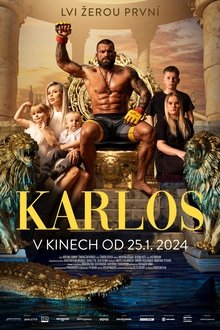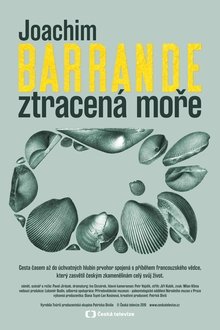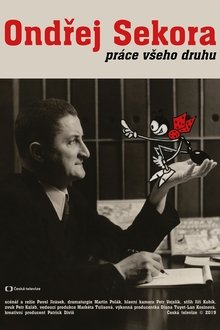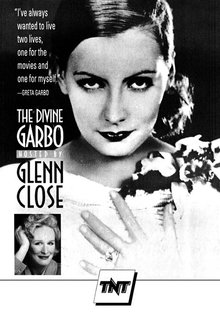From a young age Magnus Carlsen had aspirations of becoming a champion chess player. While many players seek out an intensely rigid environment to hone their skills, Magnus’ brilliance shines brightest when surrounded by his loving and supportive family. Through an extensive amount of archival footage and home movies, director Benjamin Ree reveals this young man’s unusual and rapid trajectory to the pinnacle of the chess world. This film allows the audience to not only peek inside this isolated community but also witness the maturation of a modern genius.
Related Movies
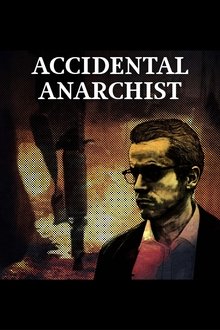
Accidental Anarchist (2017)
Carne Ross was a government highflyer. A career diplomat who believed Western Democracy could save us all. But working inside the system he came to see its failures, deceits and ulterior motives. He felt at first hand the corruption of power. After the Iraq war Carne became disillusioned, quit his job and started searching for answers.
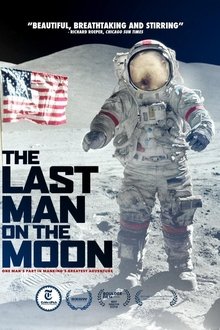
The Last Man on the Moon (2016)
The 1960s was an extraordinary time for the United States. Unburdened by post-war reparations, Americans were preoccupied with other developments like NASA, the game-changing space programme that put Neil Armstrong on the moon. Yet it was astronauts like Eugene Cernan who paved the uneven, perilous path to lunar exploration. A test pilot who lived to court danger, he was recruited along with 14 other men in a secretive process that saw them become the closest of friends and adversaries. In this intensely competitive environment, Cernan was one of only three men who was sent twice to the moon, with his second trip also being NASA’s final lunar mission. As he looks back at what he loved and lost during the eight years in Houston, an incomparably eventful life emerges into view. Director Mark Craig crafts a quietly epic biography that combines the rare insight of the surviving former astronauts with archival footage and otherworldly moonscapes.
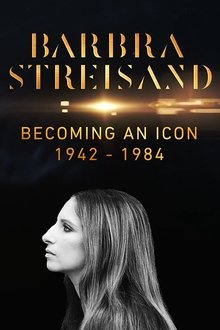
Barbra Streisand: Becoming an Icon 1942–1984 (2017)
Barbra Streisand grew up in working class Brooklyn, dreaming of escape from her tough childhood. A stellar student, she resisted the pressure to go to college as her sights were firmly set on Broadway. She was determined to become an actress and landed her first role aged 16, but it was two years later, when she started to sing, that her career took off. Subverting stereotypes and breaking glass ceilings, this programme looks at her rise to stardom and the remarkable achievements of her early career.

Vice Versa: Chyna (2021)
The rise and fall of wrestler Joanie Chyna Laurer, whose life was cut short in 2016. Her contributions to the WWE business and her pioneering work and her gripping tale of the "comeback" starting in 2015.
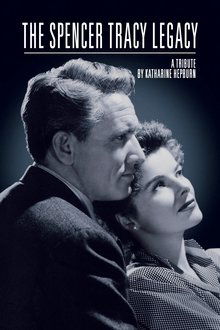
The Spencer Tracy Legacy: A Tribute by Katharine Hepburn (1986)
In this tribute to her frequent co-star and longtime love, Katharine Hepburn hosts a behind-the-scenes look at Spencer Tracy's personal and professional life that features intimate personal accounts, interviews and clips from his most acclaimed work on the silver screen.
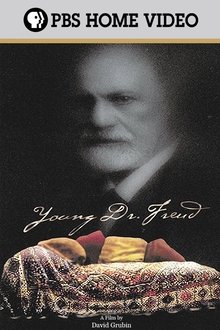
Young Dr. Freud (2002)
This documentary retraces the life of the famous Austrian psychiatrist, Sigmund Freud, from his birth to the publication of his landmark book on dream interpretation. Dr. Freud revolutionary theories spawned the psychoanalytic school of psychology.

Signs of Vigorous Life: The New German Cinema (1976)
BBC documentary about the rise of the New German Cinema and several of its most important figures.
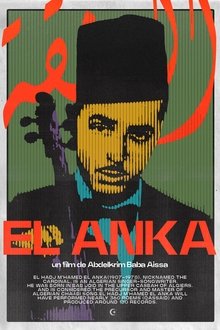
El Anka (1981)
1/4 - In 1925, the young M’hamed El Anka replaced his master Nador at short notice. He realizes that he is far from mastering all the instruments of his art and begins a self-taught training program in Oud, the Arabic language, and religious singing in the hadra of Sidi Abderrahmane. 2/4 - In 1932, the young El Anka released 10 45 rpm records in Paris, including the first song from his composition "L'Exil". He is gradually “lightening” the Andalusian heritage. He made the pilgrimage to Mecca and wrote the famous song "El Mendouza". 3/4 - The 40s and 50s will confirm the maturity of the master, who consolidates the constituent elements of what is today called Chaâbi music. In the midst of the national liberation struggle, El Hadj M'hamed El Anka triumphs with the song "Youm El Djemâa". 4/4 - In 1962, El Anka sang of independence: "El hamdou lilah, mabqach listaâmar fi bledna". Activist, poet and musicologist Bachir Hadj Ali explains the artist’s exceptional style.
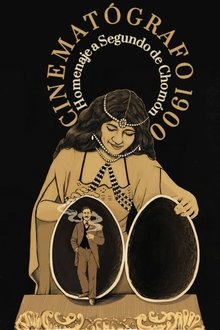
Cinematógrafo 1900 (1979)
Tribute to Segundo de Chomón. Semi-documentary featuring short films and appearances by actors who explain his works, such as Inma de Santis, Jesús Gúzman, and Ana Mariscal.

Roy Walker - Beyond a Joke (2019)
Roy Walker, one of Northern Ireland’s most popular comedians, reflects on the extraordinary highs and lows of his remarkable life as he approaches his 80th birthday.
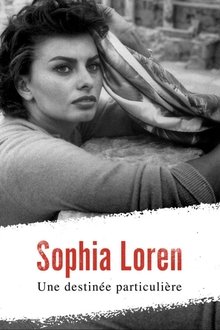
Sophia Loren, a special destiny (2019)
With a maddening sensuality, the unforgettable actress of the film "A Special Day" embodies the golden age of Italian cinema. From the suburbs of Naples to Hollywood, this biographical documentary looks back at the flamboyant career and destiny of Sophia Loren.

Tasmanian Devil: The Fast and Furious Life of Errol Flynn (2007)
The story of Tasmanian-born actor Errol Flynn whose short & flamboyant life, full of scandals, adventures, loves and excess was largely played out in front of the camera - either making movies or filling the newsreels and gossip magazines. Tragically he was dead from the effects of drugs and alcohol by the time he was only 50 & the myths live on. But there is another side of Flynn that is less well known - his ambitions to be a serious writer and newspaper correspondent, his documentary films and his interest in the Spanish Civil War and Castro's Cuba
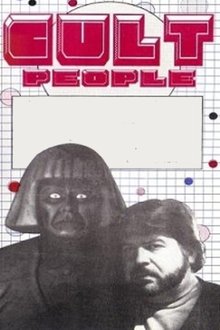
Cult People (1989)
In interviews, various actors and directors discuss their careers and their involvement in the making of what has come to be known as "cult" films. Included are such well-known genre figures as Russ Meyer, Curtis Harrington, Cameron Mitchell and James Karen.

Pandora Peaks (2004)
A dialogue-free documentary on former magazine model Pandora Peaks, with narration by Peaks and Meyer.
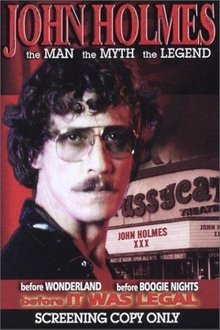
John Holmes: The Man, the Myth, the Legend (2004)
A fine documentary that details the sordid life of 1970s pornographic actor John Holmes, from the stories of his fellow actors, his ex-wives, and directors. Clips of his work are shown and insight on what made the man tick are given. Despite all his flaws, you can't help but admire him for what he was.
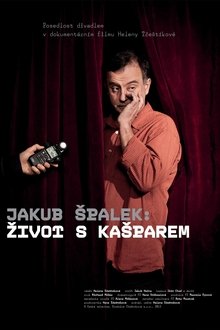
Life with Jester (2013)
For 23 years, Helena Třeštíková followed the story of actor and stage director Jakub Špalek. The first piece of footage was shot in Autumn 1989 when Jakub, then a theatre academy student, was actively involved in the Velvet Revolution. Back then, Jakub dreamed of running his own theatre company which soon came true - he is still in charge of Kašpar Theatre in Prague. The film documents the difficult life of an independent theatre manager, as well as his many personal struggles and joys.
